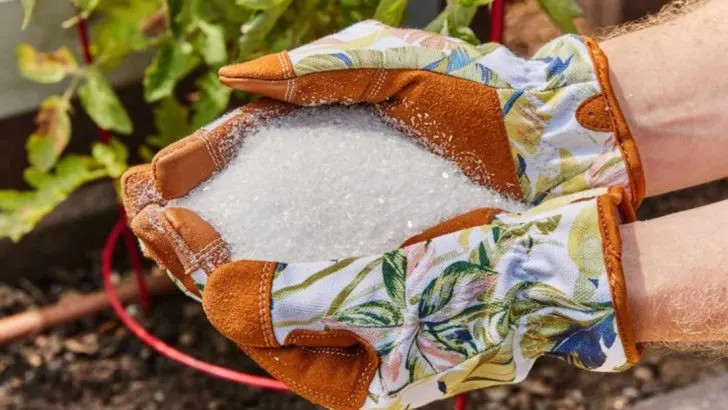Keep your garden thriving without harmful chemicals by using natural pest control methods. From companion planting to homemade sprays and beneficial insects, these 22 tactics will help you protect your plants while keeping your garden eco-friendly and healthy!
Companion Planting
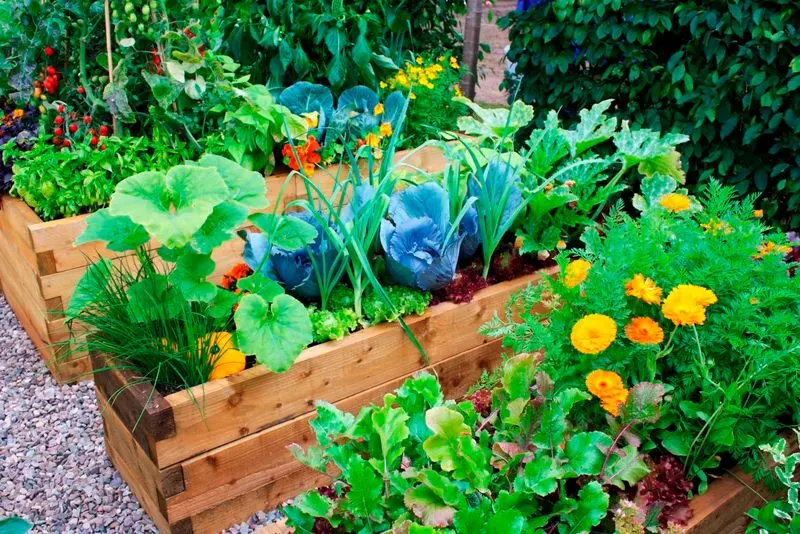
Interplanting certain flowers and herbs with your vegetables can naturally deter pests. For example, marigolds are known to repel nematodes with their pungent scent. Basil can ward off flies and mosquitoes while enhancing the flavor of tomatoes. This method not only controls pests but also boosts plant health.
When strategically placed, companion plants can offer shade, support, or even act as trap crops. The diversity in planting confuses pests, making it harder for them to target a specific plant. These natural partnerships are both practical and aesthetically pleasing, adding beauty to your garden.
Neem Oil
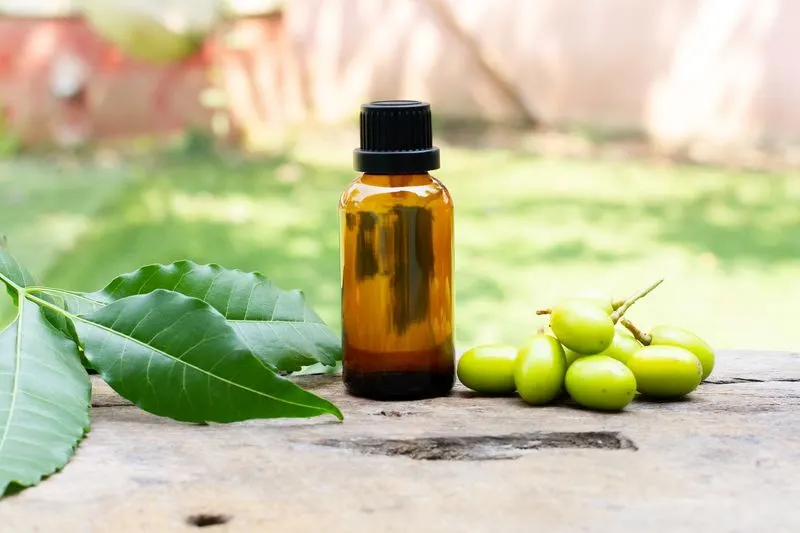
Derived from the seeds of the neem tree, neem oil is a powerful natural insecticide. It disrupts the life cycle of insects, reducing populations without harming beneficial creatures like bees or butterflies.
Apply neem oil by mixing with water and spraying it on affected plants. It’s particularly effective against soft-bodied insects such as aphids and whiteflies. Regular application can keep pests in check while ensuring the safety of your produce. Neem oil is a sustainable choice for eco-conscious gardeners.
Diatomaceous Earth
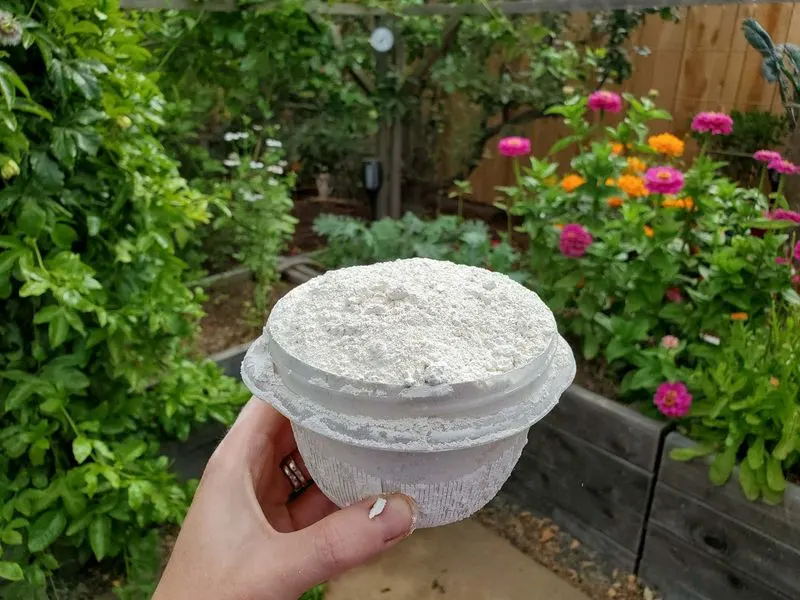
Diatomaceous earth, made from fossilized algae, serves as a potent pest deterrent. Its abrasive nature damages the exoskeletons of insects like slugs and ants, leading to their dehydration.
Sprinkle this fine powder around plant bases and over leaves. It’s a chemical-free solution that remains effective in dry conditions, so reapplication may be needed after rain. With careful use, diatomaceous earth can protect your garden without disrupting the natural ecosystem.
Homemade Garlic Spray
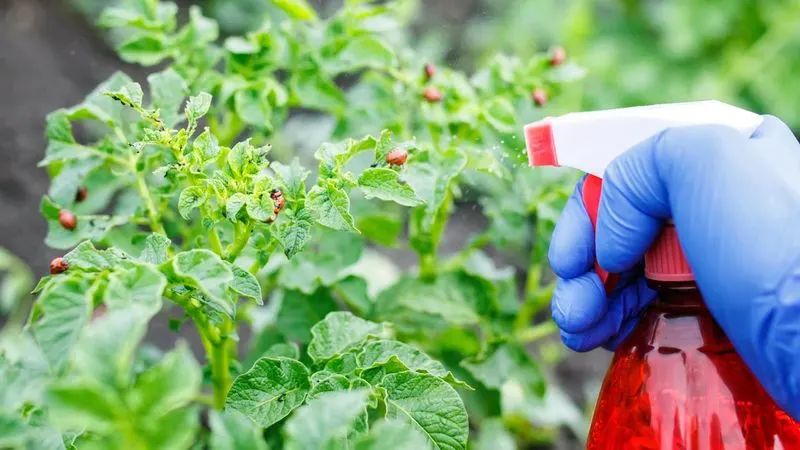
Garlic spray repels a variety of garden pests with its potent aroma. Crush several cloves of garlic, mix with water, and let it steep overnight. Strain and pour into a spray bottle for application.
This mixture can deter aphids, spider mites, and even deer. Spray it on plants weekly to maintain its efficacy. Using garlic spray is an affordable way to safeguard your garden, turning kitchen scraps into a useful pest control tool.
Beer Traps for Slugs
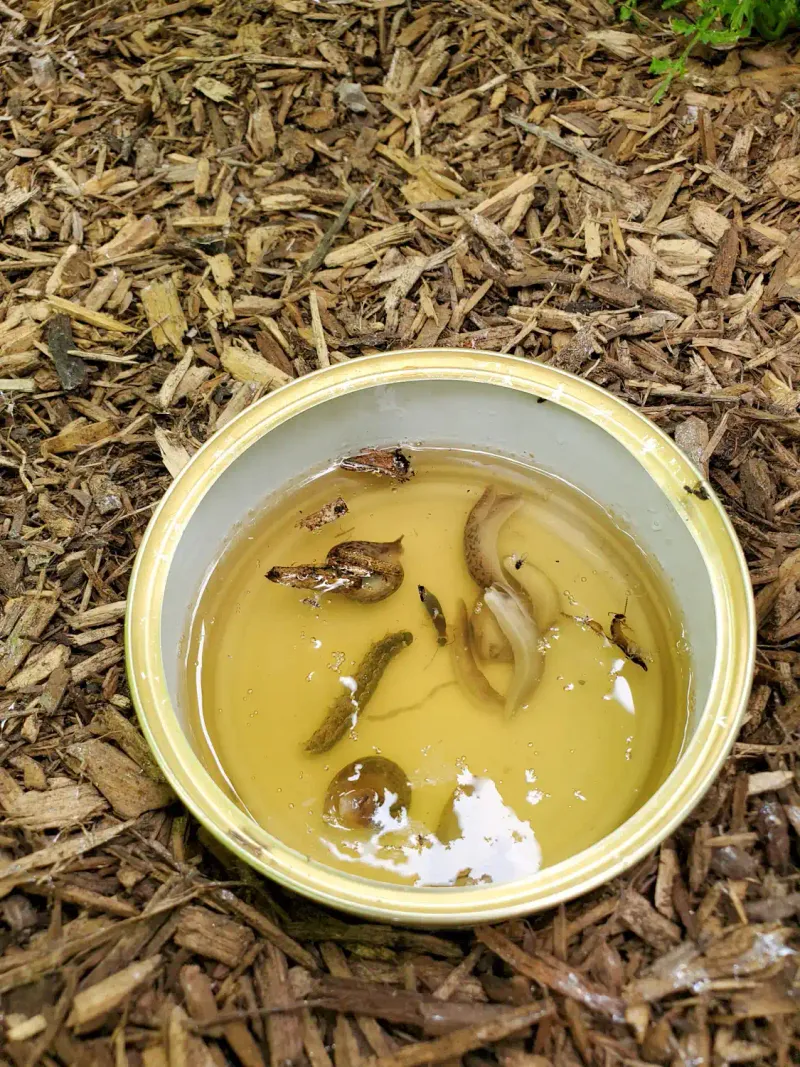
Slugs, notorious for devouring leafy greens, can be effectively lured into traps by beer. The yeast and sugar in beer attract slugs, causing them to fall into and drown.
Place shallow containers filled with beer near affected plants in the evening. Regularly check and refresh the traps to maintain their effectiveness. This method is simple and utilizes items already in your pantry, making it an eco-friendly option to combat these garden pests.
Handpicking Insects
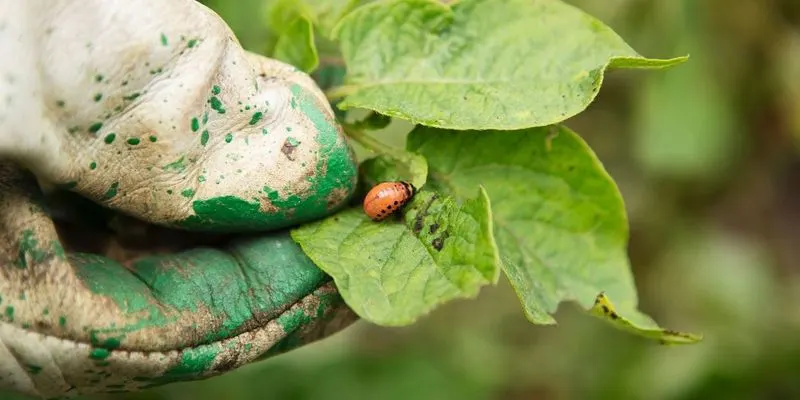
Sometimes the most straightforward solutions are the best. Manually removing pests like caterpillars and beetles can greatly reduce their numbers.
Check the undersides of leaves, where insects often hide, and gently remove them. This method is most effective for small gardens or localized infestations. Although it requires patience, handpicking is a chemical-free way to manage pests, allowing you to keep a close eye on plant health.
Row Covers
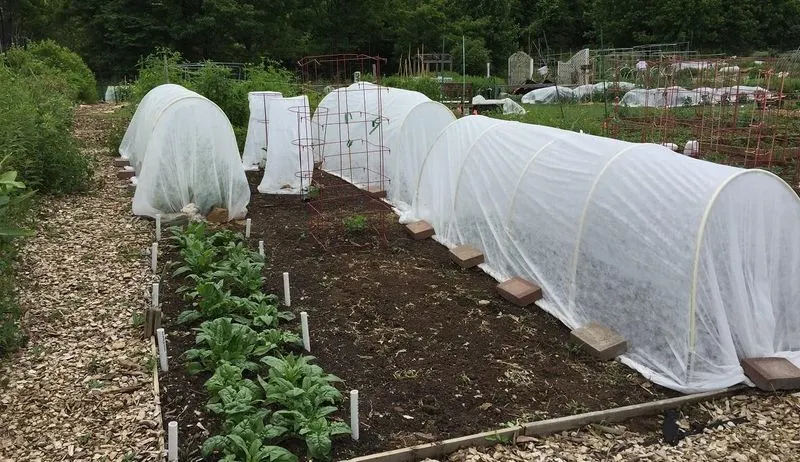
Row covers create a physical barrier against pests, protecting plants from insects and harsh weather. Made from lightweight fabric, they allow sunlight and rain while blocking bugs.
Secure them over crops like cabbages and lettuces to prevent infestations. This method is particularly beneficial during seedling stages, when plants are most vulnerable. By using row covers, you can shield your garden from pests without interfering with its natural growth.
Beneficial Nematodes
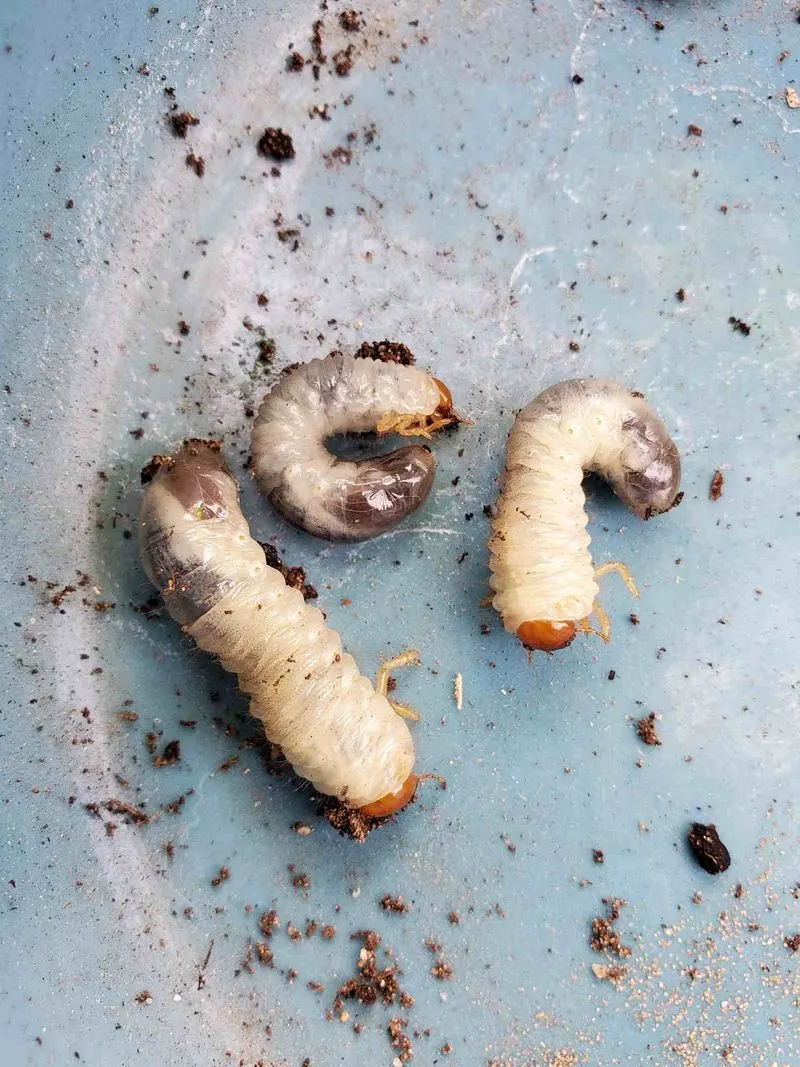
Beneficial nematodes are microscopic organisms that naturally control soil-dwelling pests. They penetrate and kill larvae of insects like grubs and weevils without harming humans, pets, or plants.
Apply nematodes by mixing them with water and spraying the soil. This biological control is sustainable and effective, supporting a healthy garden ecosystem. Using nematodes provides an invisible ally in your fight against pests.
Birdhouses and Birdbaths
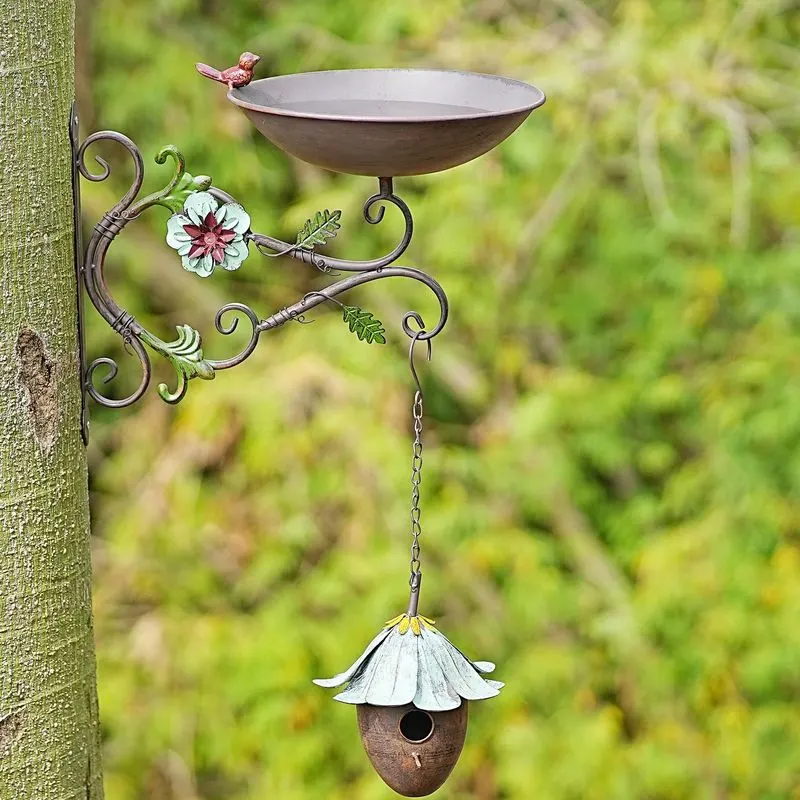
Encouraging birds to visit your garden can naturally reduce pest numbers. Birds like sparrows and finches feast on insects, providing a natural pest control service.
Install birdhouses and baths to attract these avian helpers. Ensure they’re placed in quiet areas to encourage nesting. With their help, you can keep pest populations in check while enjoying the added benefit of vibrant birdlife.
Insecticidal Soap
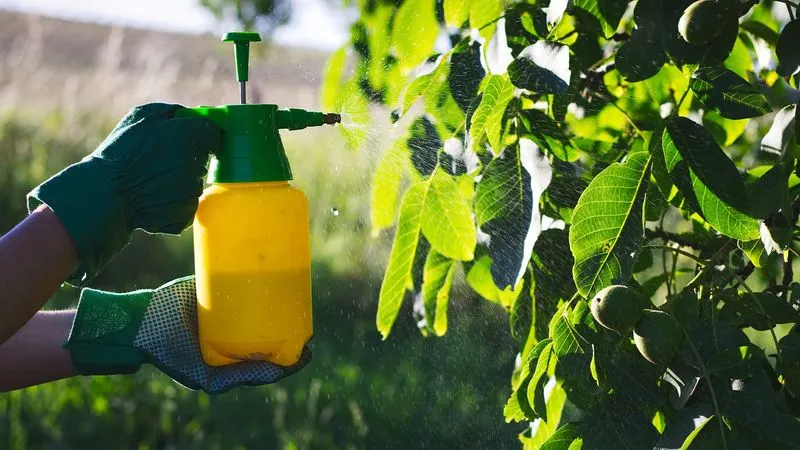
Insecticidal soap offers a gentle yet effective means of controlling pests. Made from potassium salts of fatty acids, it targets soft-bodied insects like aphids and mealybugs.
Spray directly onto pests, ensuring thorough coverage. This solution breaks down quickly, reducing environmental impact. Safe for humans and pets, insecticidal soap is a valuable tool in maintaining a pest-free garden without harsh chemicals.
Essential Oil Sprays
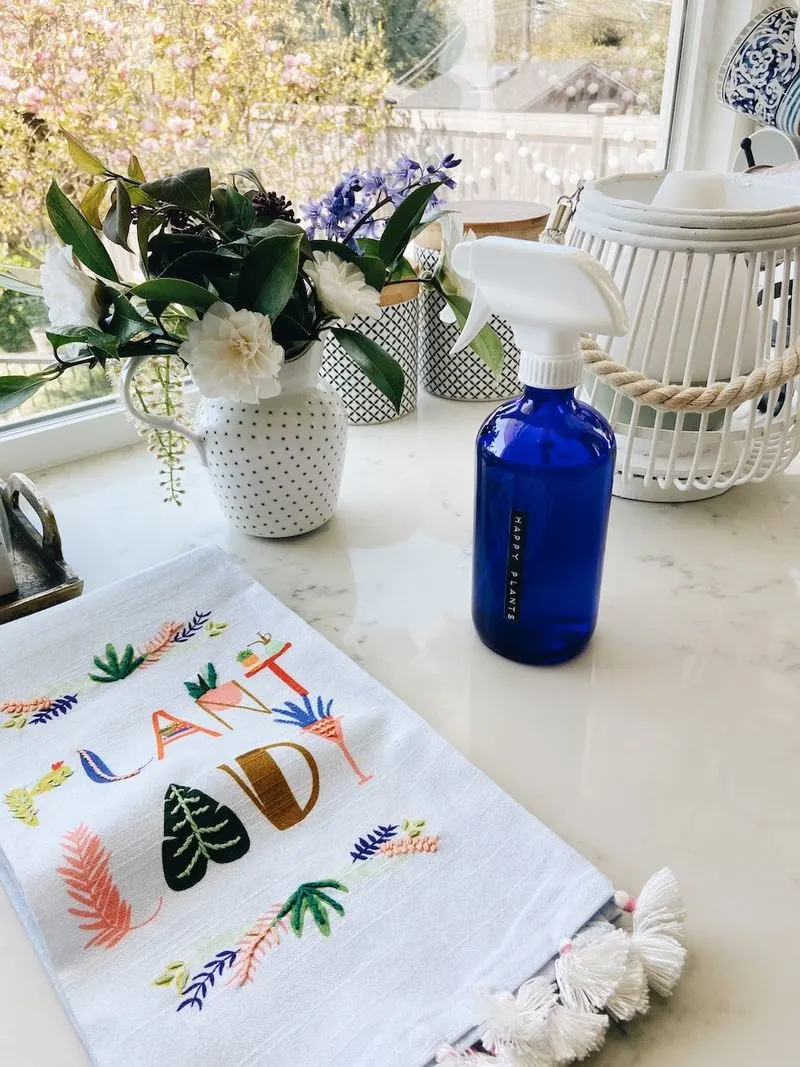
Harnessing the power of essential oils can deter pests naturally. Oils like peppermint and rosemary are known to repel insects such as ants and beetles.
Create a spray by diluting essential oils with water and applying it to plants. This aromatic solution offers a pleasant alternative to synthetic pesticides. Regular application can keep your garden fragrant and free from unwanted guests.
Sticky Traps
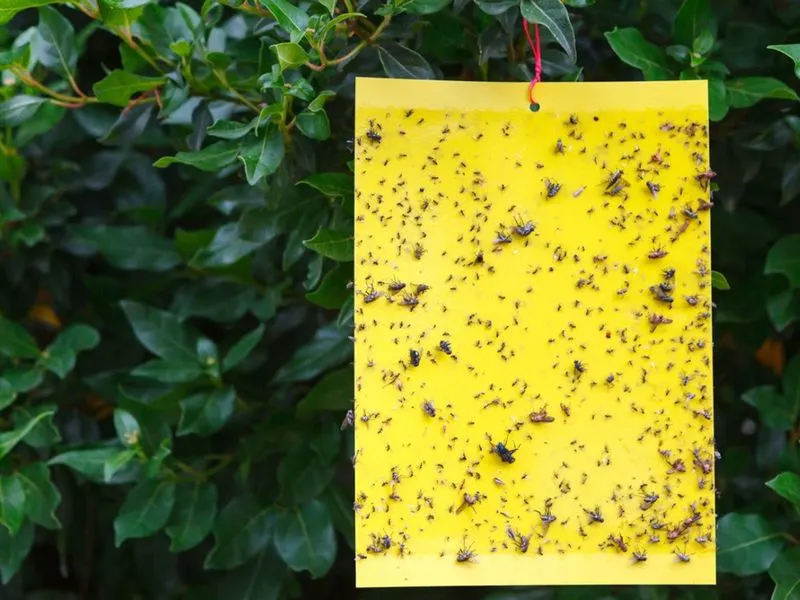
Sticky traps attract and capture flying insects with their bright color and adhesive surface. They’re particularly effective against whiteflies, aphids, and fungus gnats.
Place traps near susceptible plants and replace them regularly. This method provides a visual indicator of pest presence and helps manage their populations. Sticky traps offer a non-toxic way to protect your garden from airborne pests.
Mulching
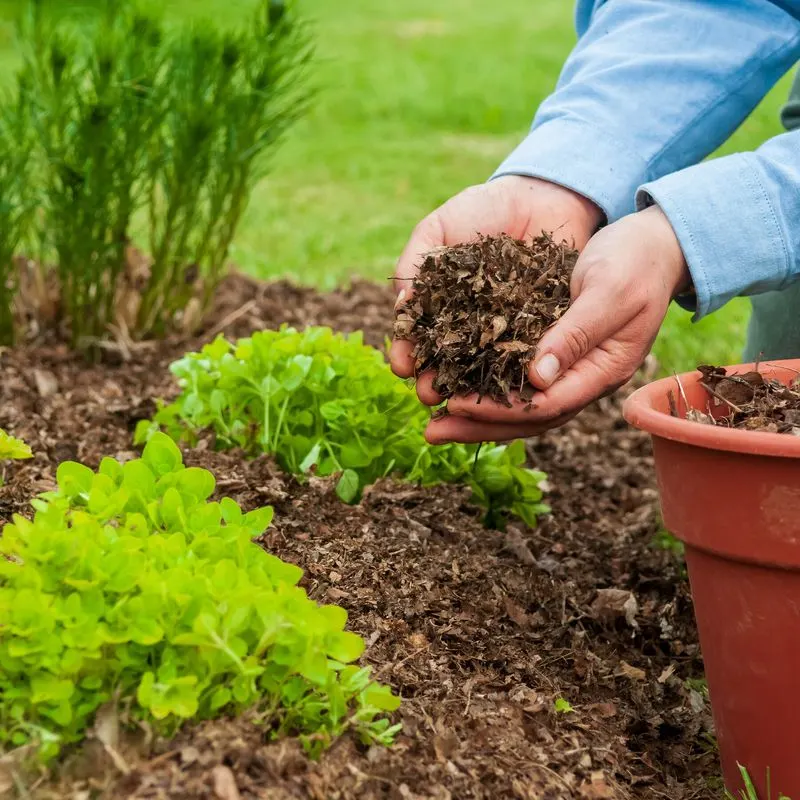
Mulching not only conserves moisture but also suppresses weeds and pests. Organic mulches like straw and wood chips discourage insect movement and create an inhospitable environment for pests.
Apply mulch around plant bases, leaving space to prevent stem rot. Over time, it breaks down, enriching the soil. Mulching is a multifunctional approach that supports plant health while deterring unwanted visitors.
Copper Tape
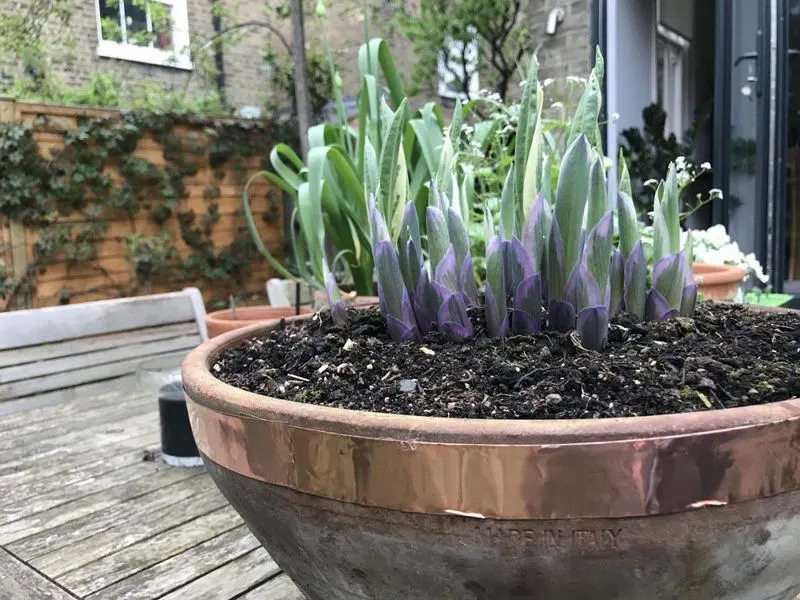
Copper tape acts as a deterrent for slugs and snails, providing a physical barrier they avoid. The metallic surface reacts with their slime, creating an unpleasant sensation.
Wrap copper tape around pots and garden bed edges to protect vulnerable plants. This method is simple to apply and offers long-lasting protection. By keeping these pests at bay, copper tape helps maintain a thriving garden.
Intercropping
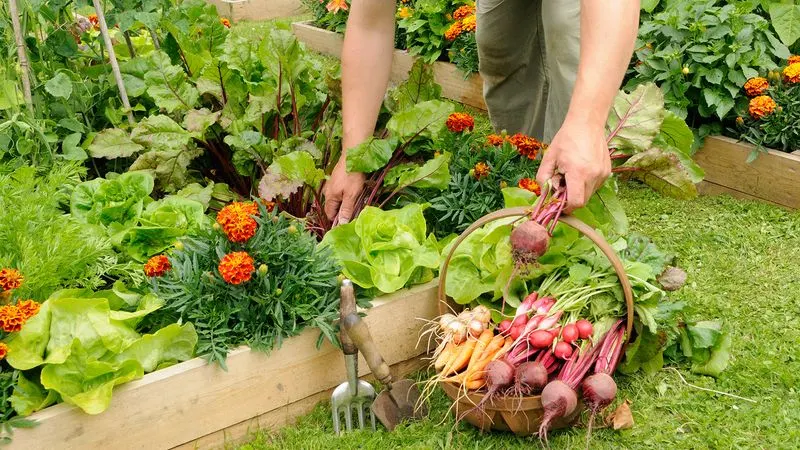
Intercropping involves growing different plants together to confuse and repel pests. Corn, beans, and squash, for instance, work well together, each deterring specific insects through their growth patterns and scents.
This method maximizes space and biodiversity while minimizing pest issues. By disrupting the typical patterns pests rely on, intercropping can keep your garden healthier and more resilient.
Natural Predators
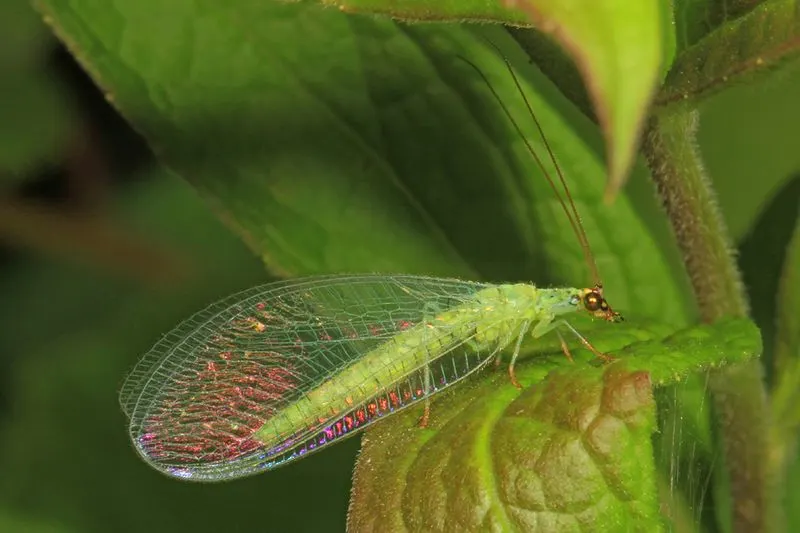
Introducing natural predators can effectively control pest populations. Ladybugs, for example, consume aphids, while lacewings target caterpillars and mealybugs.
Encourage these beneficial insects by planting nectar-rich flowers like daisies and fennel. Providing a hospitable environment allows them to thrive and assist in maintaining a balanced garden ecosystem.
Trap Crops
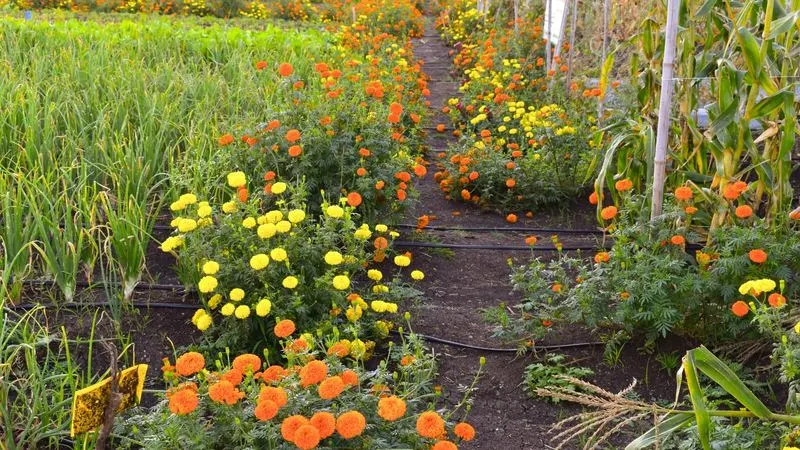
Trap crops lure pests away from your main plants, acting as a decoy. For instance, planting radishes can attract flea beetles, sparing your prized vegetables.
Establish trap crops at the garden’s perimeter or among your main crops. This strategy reduces damage to your primary plants, offering a protective shield. Trap cropping is a smart way to manage pests while preserving your harvest.
Floating Row Covers
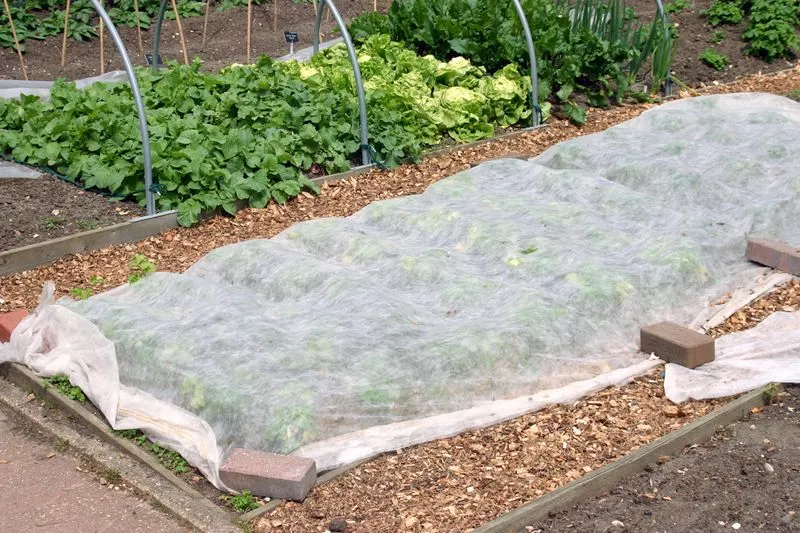
Floating row covers shield plants from pests while allowing light and moisture to penetrate. These lightweight fabrics create an effective barrier against insects like cabbage moths and flea beetles.
Drape them over crops, securing the edges to prevent pest entry. This method is especially useful for protecting young plants and prolonging the growing season. Floating row covers offer a versatile solution to pest management.
Baking Soda Solution
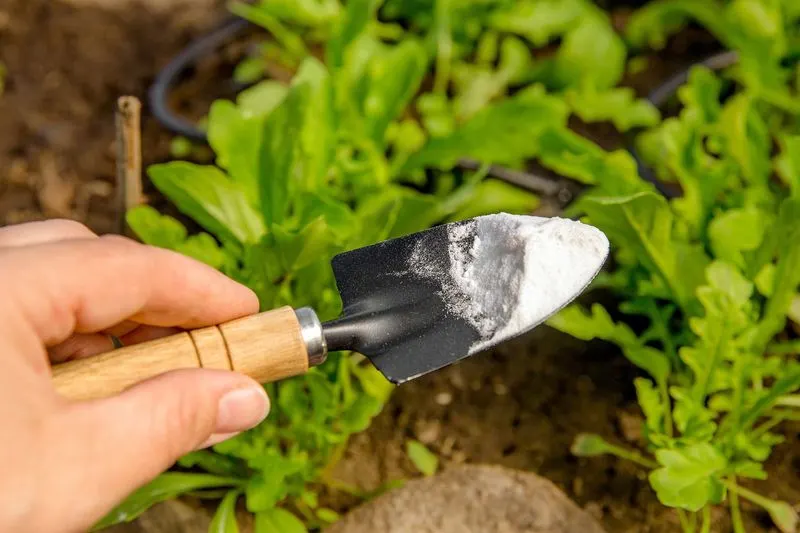
Baking soda, a common household item, can be an effective pest deterrent. When mixed with water and a bit of soap, it creates a solution that combats fungal diseases and repels insects.
Apply this mixture to plants affected by mildew or pests, reapplying after rain. This approach is cost-effective and environmentally friendly, utilizing items already in your home to protect your garden.
Horticultural Oil
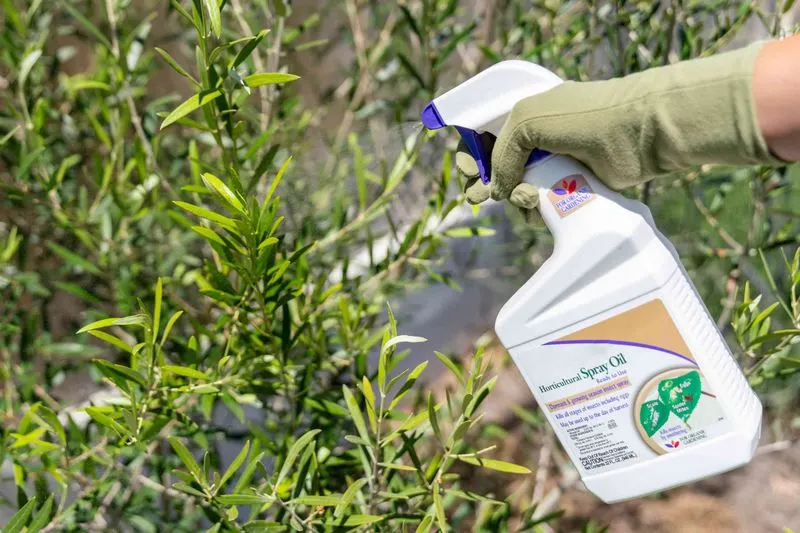
Derived from petroleum or plants, horticultural oil effectively smothers and kills soft-bodied insects and mites. It’s particularly useful in controlling scales and aphid infestations.
Dilute and apply horticultural oil as a spray, following specific instructions for your plants. This targeted approach minimizes harm to beneficial insects and is a valuable addition to any gardener’s toolkit.
Biological Control with BT
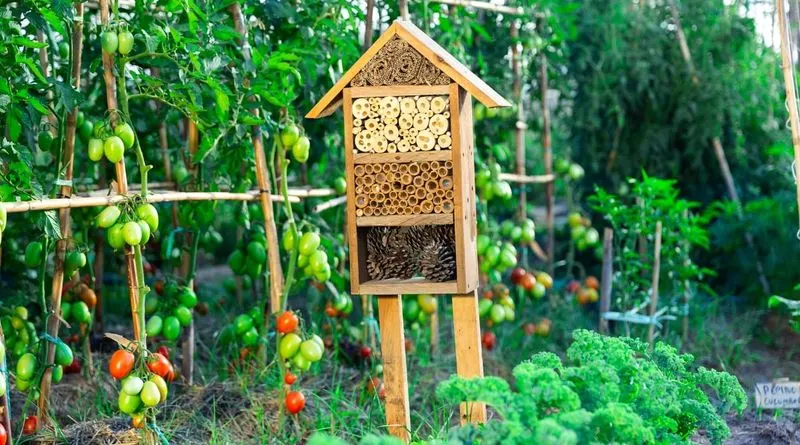
Bacillus thuringiensis (BT) is a naturally occurring bacterium used as a biological pesticide. It targets caterpillars and larvae, sparing beneficial insects.
Apply BT to affected plants, focusing on leaves most frequented by pests. This method offers a precise way to manage infestations while reducing chemical use. BT is a reliable option for gardeners seeking environmentally friendly solutions.
Epsom Salt Solution
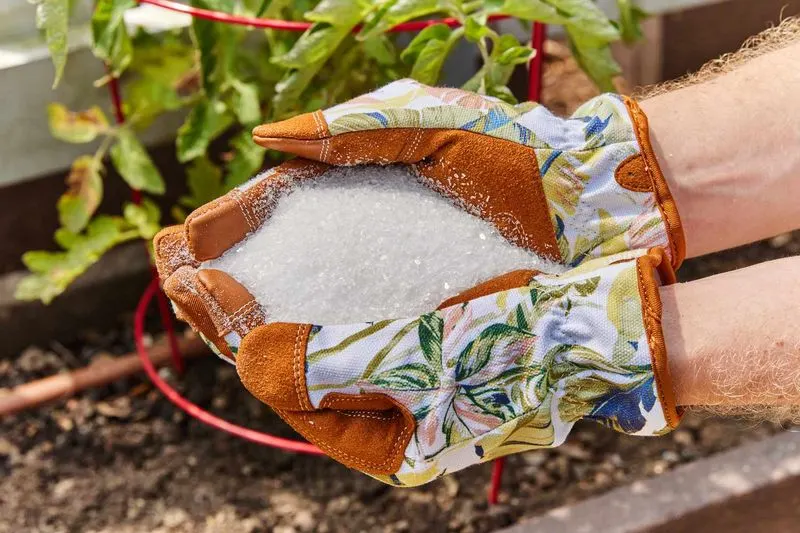
Epsom salt provides essential nutrients while deterring pests. Its magnesium content strengthens plants, making them less susceptible to disease and insect damage.
Dissolve Epsom salt in water and apply it to foliage or as a soil drench. Regular use can improve plant health and resilience, offering a dual benefit of nutrition and pest management.

